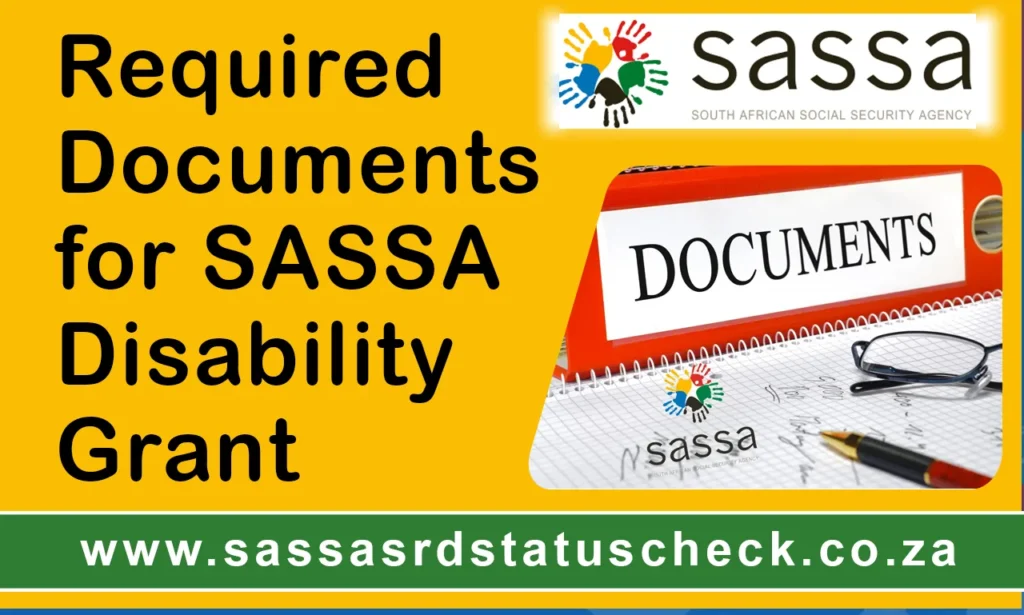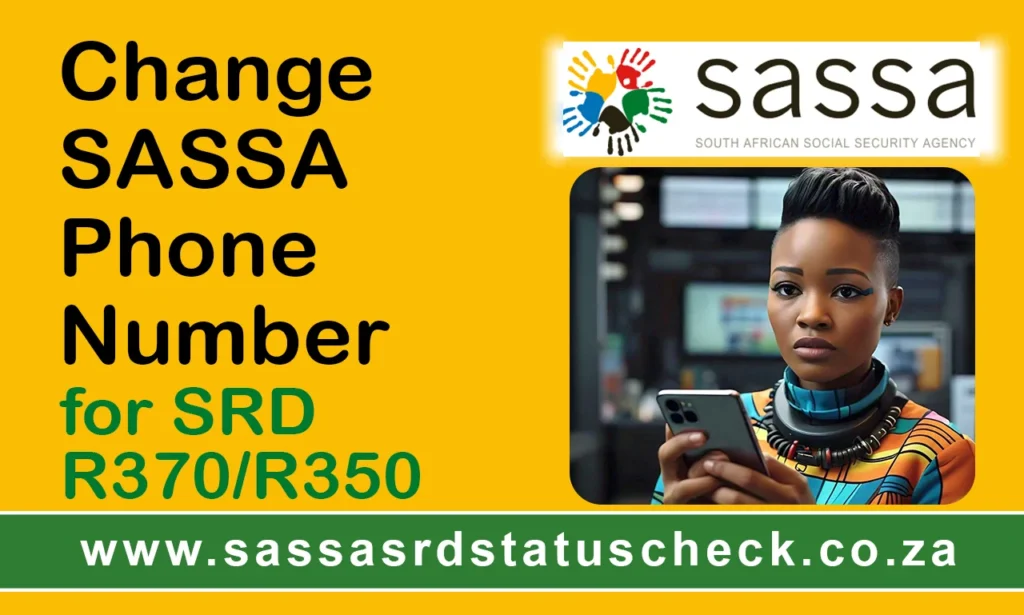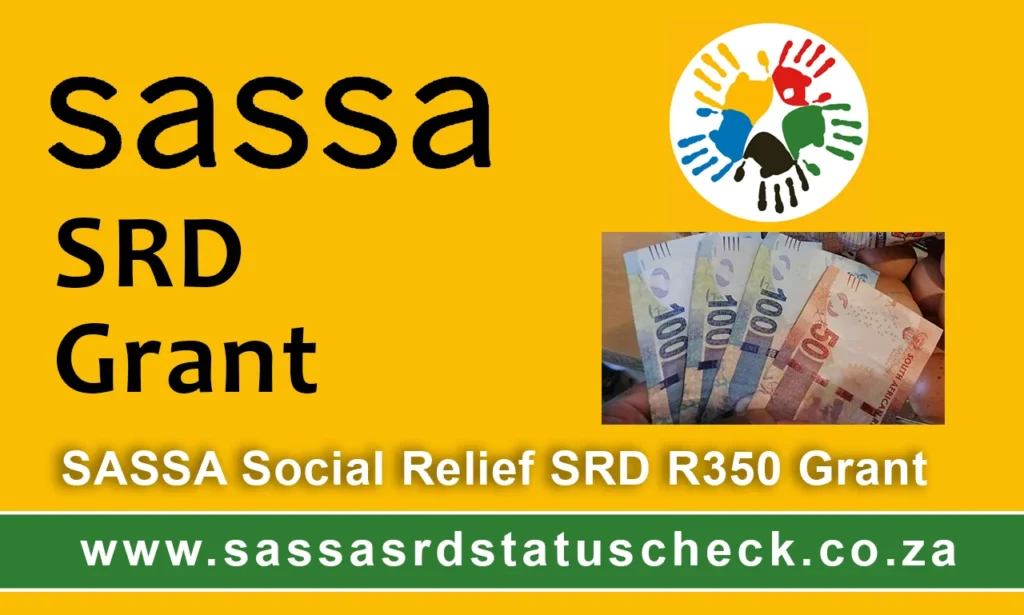Required Documents for SASSA Older Persons Grant

Retirement is a time to enjoy the rewards of years of hard work, but it can also come with financial challenges. Thankfully, if you’re 60 or older in South Africa, the SASSA Older Persons Grant can provide valuable support.
But before you get there, you’ll need to gather some documents.
Don’t worry, it’s not rocket science!
This guide will unveil exactly what you need to apply for the grant and ensure a smooth sailing process towards financial security in your golden years.as
Required Documents for SASSA Older Persons Grant
1. Your South African ID
First and foremost, your South African Identity Document (ID) is key to a smooth application process. This official document verifies your citizenship and age, making it the most straightforward way to qualify.
What if I Don’t Have My ID?
Life happens, and sometimes IDs get lost or misplaced. Here’s what you can do:
2. Proof of Marital Status (if applicable)
Are you married, divorced, or widowed? Depending on your situation, you may need to provide some additional documentation:
3. Proof of Residence
The SASSA Older Persons Grant is for South African residents, so proving where you live is important.
Here are a few ways to do this:
4. Proof of Income (optional, but helpful)
While not mandatory, providing proof of your income can help with your application. This shows SASSA your financial situation and helps them determine if you qualify for the full grant amount.
Here are some accepted documents:
5. Proof of Assets
This grant is intended to help those who need it most, so SASSA may ask you to show what assets you own, such as property or vehicles.
Here’s what you can provide:
Read also:
6. Proof of Private Pension
If you’re fortunate enough to have a private pension, SASSA might want to know more about it. This helps them understand your overall financial picture.
Here’s what you can bring:
7. Bank Statements
To get a general idea of your financial situation, SASSA might request your recent bank statements. They usually look for the last three months, so gather those up and keep them handy.
8. Proof of Unemployment Insurance (if applicable)
Were you once employed and paid into the Unemployment Insurance Fund (UIF)? If so, SASSA might want to see verification.
Here’s what you can bring:
9. For Widows/Widowers (past 5 years)
If you’ve lost your spouse in the last five years, SASSA might require some additional documentation:






